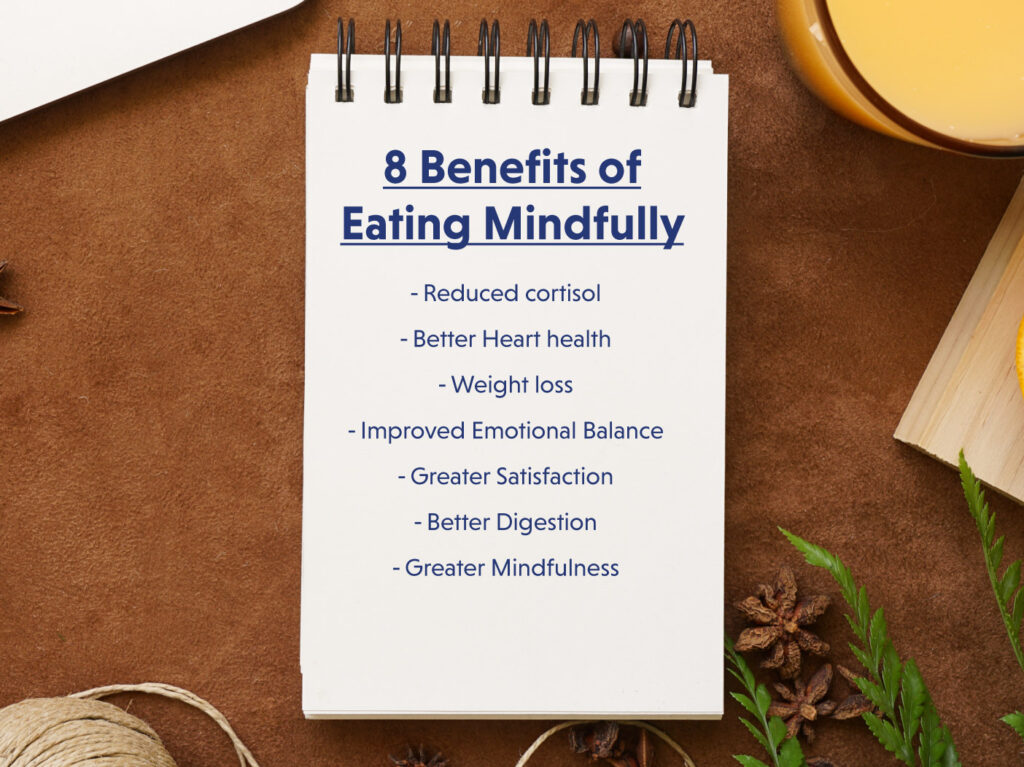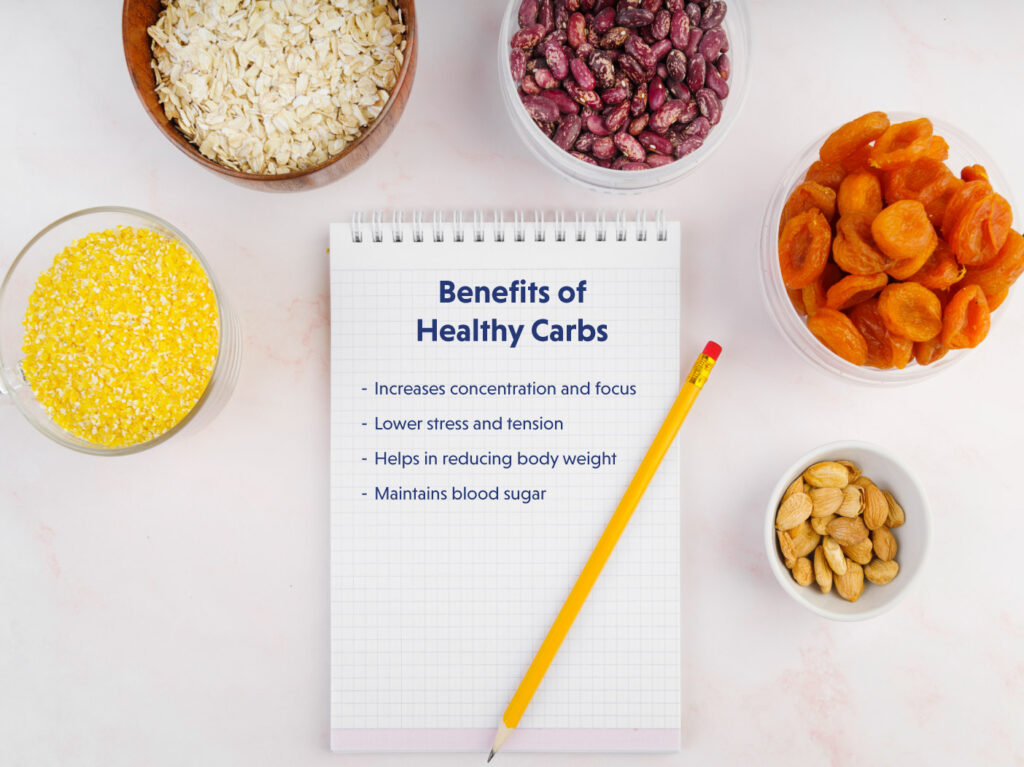We all experience stress and make mistakes. Stress and making mistakes can be a vicious cycle that creates negative thoughts those thoughts create more stress, which makes it hard to forgive yourself. It’s not a great way to live.
But it doesn’t have to be this way.
Stress is in everything.
Stress is in the air we breathe, the food we eat, and the words we hear or read.
But we can handle stress, mainly because we have a powerful mechanism inside of us. Our body is a well-oiled machine that adapts to most stressors and thrives on them. We know this because there are people who handle stress very well, even thrive on it, and are productive.
The problem comes when you don’t know how to deal with the stressors. Or when some are so subtle that you don’t notice them until it’s too late. That’s when the vicious cycle of stress and making mistakes starts, and you feel you’re slipping over the edge – nowhere to go but down.
Why do people make mistakes under stress?
When we are under pressure, our brain shifts into a mode where we take more risks, feel less pain and focus more on immediate gains and losses. However, mistakes are often made because of this shift in attention. People become less aware of the big picture and focus too much on the details. Stress and making mistakes are interrelated.
Mistakes you make when you are stressed
- Rant about people and angry with others
It is not uncommon for people to get angry or frustrated and then lash out at those around them when they are stressed. While this might seem like a good idea at first, it can lead to even more stress in the long run.
The best way to deal with stress is to recognize when you are becoming stressed and take time to calm down and relax before things get worse. You may also want to talk with someone about what is causing your stress so that you can find a solution and avoid making the same mistakes again.
- Take hasty decisions.
When you are stressed, your brain is not in a good state. This can make decision-making much harder, leading you to make the wrong choice. You will be tempted to make quick and hasty decisions that you later regret. So, try to avoid making any important decisions when you are stressed.
- Procrastination

Procrastination can cause stress as well as exhaustion and frustration. Procrastinators tend to fail at tasks because they wait too long or get distracted by other things. They may even avoid doing a task altogether because it makes them anxious or uncomfortable. They also fail at school because they procrastinate until the last minute before an assignment or test deadline.
- Don’t sleep well.
If you are stressed out due to work or your personal life, then sleeping well is not an option anymore. But you need energy for the next day’s tasks and responsibilities. Try getting enough sleep every night, this will help you focus better on your next day’s activities and in future days too.
Tips to minimize mistakes and reduce stress
Stress and making mistakes happen. In fact, they happen all the time. But how you respond to your mistakes determines if you’ll learn from them or let them ruin your day.
Mistakes are inevitable, but they don’t mean you need to give up. After all, there are ways to minimize their negative impact on your life and career. Here are some of the tips for reducing stress and making mistakes easier:
- Set realistic goals.
It’s impossible to achieve perfection every time, don’t expect perfection from yourself or anyone else! But don’t let that stop you from trying to improve yourself in areas where you’re already good at and interested in developing new skills. Try not to have too high expectations for yourself — just set reasonable goals and be sure to celebrate any successes along the way.
- Slow down
Stress can make you feel tired, so if you are stressed out about something, it is better to take some time off rather than trying to do everything at once. You might not be able to do everything right away, but at least give yourself a break and relax for some time
- Seek help.
Find support groups or mentors who can help you through challenges or failures.
It’s easy to feel like no one understands what goes on behind closed doors at work — especially if they’re not directly involved in your day-to-day life. A mentor can provide an objective perspective on your situation, offer advice when needed, and even serve as someone who will listen without casting judgment
- Make a to-do list.

You may think that you don’t need a to-do list if you’re super organized, but I think most people could use some structure when it comes to day-to-day activities. The biggest reason for this is that a to-do list eliminates the stress around forgetting to do important activities or tasks.
Who hasn’t been stressing out over something because they can’t remember if they did it or not? Listing things down on paper is much easier to manage than trying to keep them in your head. Making a to-do list also reduces the chances of double booking yourself and makes you aware of what you have going on.
The best way to overcome stress and make mistakes is not to get stressed in the first place. The best way to do this is by minimizing mistakes and increasing awareness of your actions.
This is why we have created JoyScore, a mindfulness app and web platform that helps people relieve stress at the moment and become more aware of their present state through exercises like breathing or meditation. Download Now!
Download on the Appstore
Get it on Google Play










